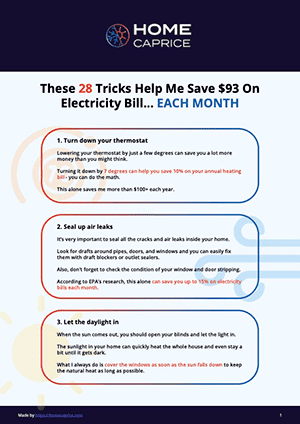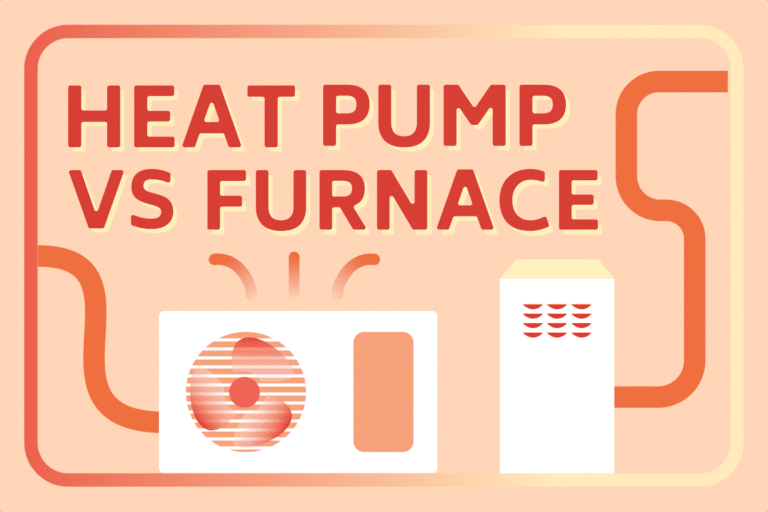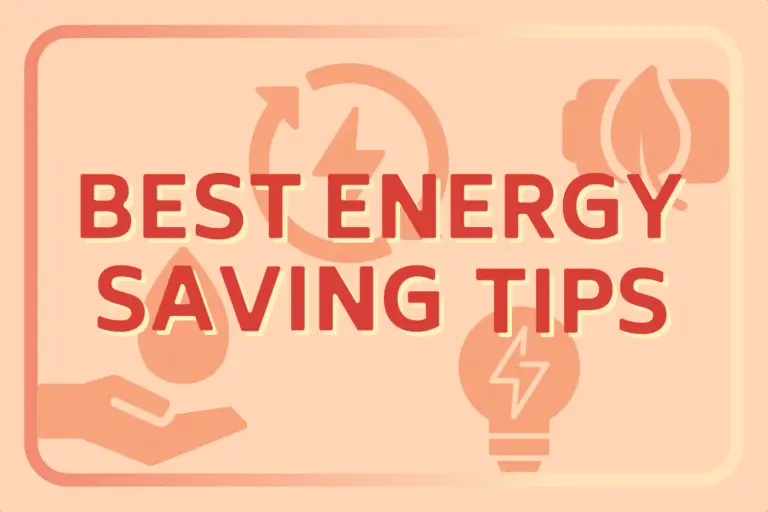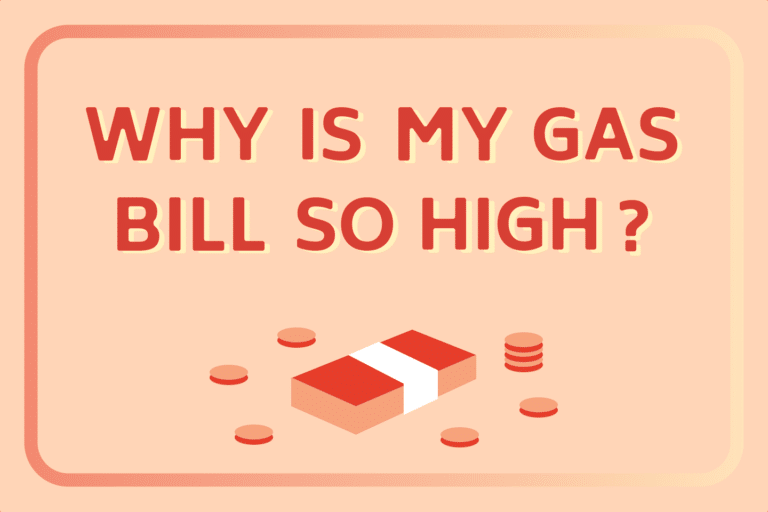If you’re interested in buying heat pumps or you just want to know more about them – it’s important that you know the advantages and drawbacks.
Although it has a ton of good things, the reality is that it has its disadvantages.
I have had a heat pump in my home for over four years now, so you’ll learn from my first-hand experience in this article.
Before jumping to the pros and cons, let’s first talk about the heat pump itself.
What Is an Electric Heat Pump?
A lot of people might think that heat pumps are only used for heating, but the truth is that you can use them all year round.
Heat pumps work by transferring the heat. In the winter, it will transfer heat inside of your home, and in summer – it will transfer the heat outside of your home.
Heat pumps are one of the most durable and efficient HVAC components and they’re becoming increasingly popular in the last few years.
As with any other HVAC system, it has some advantages and drawbacks, so let’s talk about those.
Pros of Electric Heat Pumps
Lower running costs
Compared to traditional electric heaters, heat pumps have a lot lower running costs.
It’s due to its mechanism of heat transfer as it works by removing heat from the inside of your home.
On the other side, electric heaters work with electricity to generate heat which of course, takes a lot more power and energy.
More safety
Unlike gas furnaces that can have gas leaks which can be very dangerous, heat pumps don’t have any open flames or fumes.
Because of this, there is no real risk of running heat pumps and it’s no wonder why they are one of the safest types of HVAC.
It also makes it more eco-friendly.
Longer life span
On average, heat pumps can last about 15 years, but most of them can work efficiently even for more than 20 years.
As they’re built with quality, they’re very reliable and ensure a longer life span. This is why even a bit higher installation costs don’t bother me since I know it will last more than other HVAC systems.
Doesn’t burn toxic fuels
When there’s fossil fuels included, there’s always a risk of poisoning.
The good thing about heat pumps is that they’re using clean energy technologies which are great for dealing with climate change and reducing risks.
It has even been authorized to expand the production of heat pumps because of their safety.
Better humidity control
If you have a humidifier in your home, a heat pump will help add more humidity to your home to combat dry air.
The longer it works, the more pollutants it can catch with filters – leaving your home with better air quality.
This is very helpful if you or your family members have to deal with allergies.
Low maintenance
Let’s be honest, we’re all lazy when it comes to maintaining our HVAC systems.
The great thing about heat pumps is that it requires minimal maintenance – you only need to check them by yourself once a year to check for signs if the heat pump isn’t working.
Unlike other HVAC systems which require professional checks every 6 months or so, you can schedule professional inspections every 3 to 5 years with heat pumps.
![Heat Pump Pros & Cons [BUYING GUIDE] Heat Pump Pros](https://homecaprice.com/wp-content/uploads/2022/11/newsletter..png)
Download this FREE cheat sheet to find 28 tricks that can help you save on your electricity and heating bill each month.
Click here to get a FREE Cheat-SheetCons of Electric Heat Pumps
Higher installation cost
Heat pumps aren’t cheap to install, but if you want a heat pump that can heat and cool your home, then the installation costs less than installing a gas furnace with an air conditioner.
The good thing here is that the heat pump can be used all year round which adds a lot more value to the cost.
Not so efficient in winter
To be honest, heat pumps are far less efficient in colder periods.
Since heat pumps use the air from outside, it becomes a lot more difficult to deal with cold air instead of warm.
Although heat pumps can still work, you can expect your energy bills to rise slightly.
Produces a bit of noise
When heat pumps are running for a longer period, the fan and compressor will start producing more noise.
This is usually the case in winter since the heat pump needs to work twice as hard to keep your home warm.
The rule of thumb here is to choose a heat pump with a low noise rating or to install the outdoor unit away from your windows.
You have to defrost them sometimes
When those cold winter days arrive, it will cause ice to form on your outdoor unit. Of course, I’m talking about sub-freezing temperatures.
This will force the heat pump to enter into defrost mode which requires ice to melt first and then it continues working.
Again, this increases your heating bills.
How Much Does a Heat Pump Cost?
As mentioned earlier in the article, heat pumps aren’t cheap – especially because of the upfront installation costs.
The average price is between $5,000 – $10,000 with installation costs included in the price. If you need professional help, you can fill in the form here to get offers from local contractors.
However, ground-source heat pumps can be even more expensive and you would be looking at a price of more than $15,000.
Although they’re expensive, they save you money in the long run as they will save you a lot on energy bills each month.


Download this FREE cheat sheet to find 28 tricks that can help you save on your electricity and heating bill each month.
Click here to get a FREE Cheat-Sheet![Heat Pump Pros & Cons [BUYING GUIDE] Space Heater](https://homecaprice.com/wp-content/uploads/2020/03/heater-60.png)


